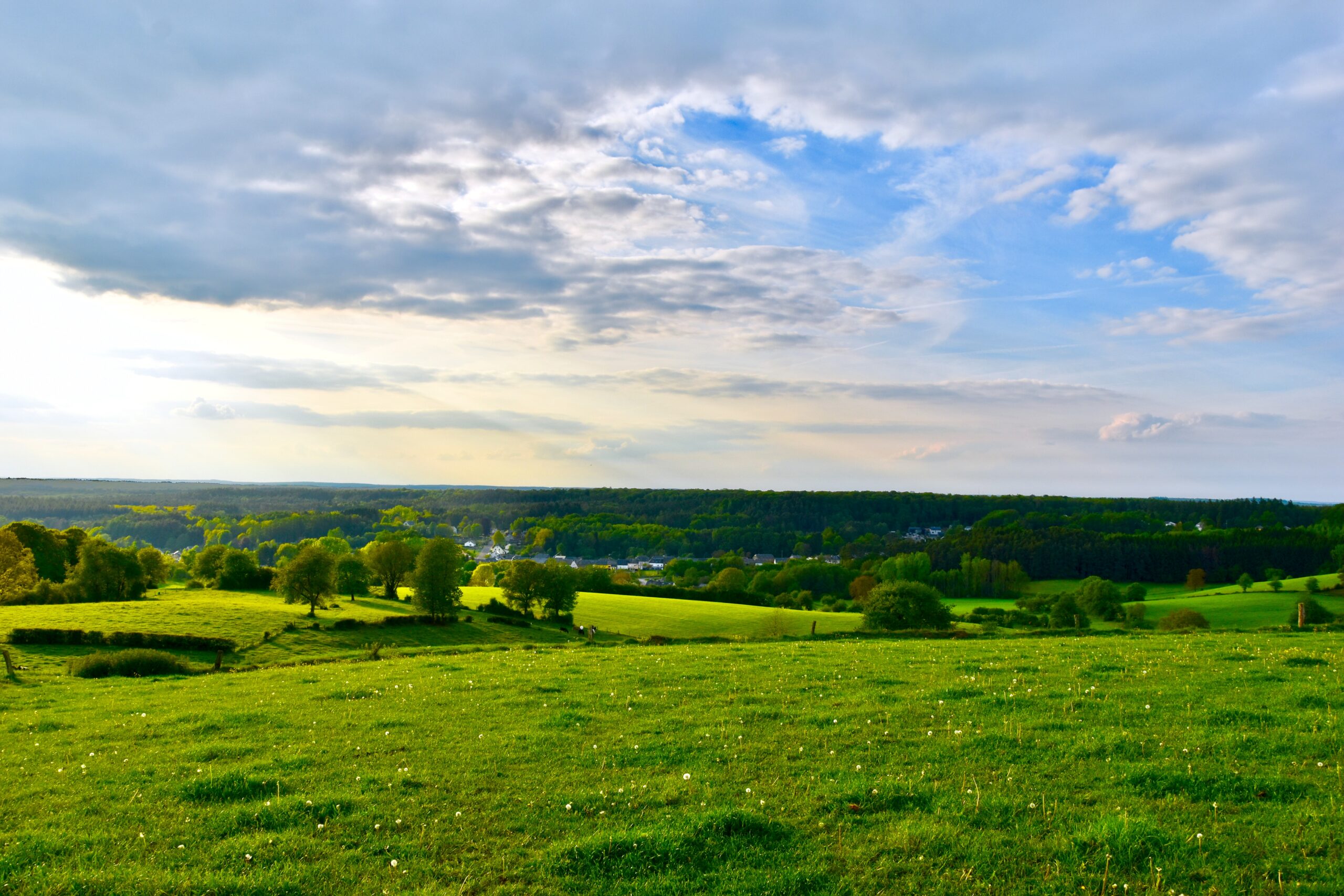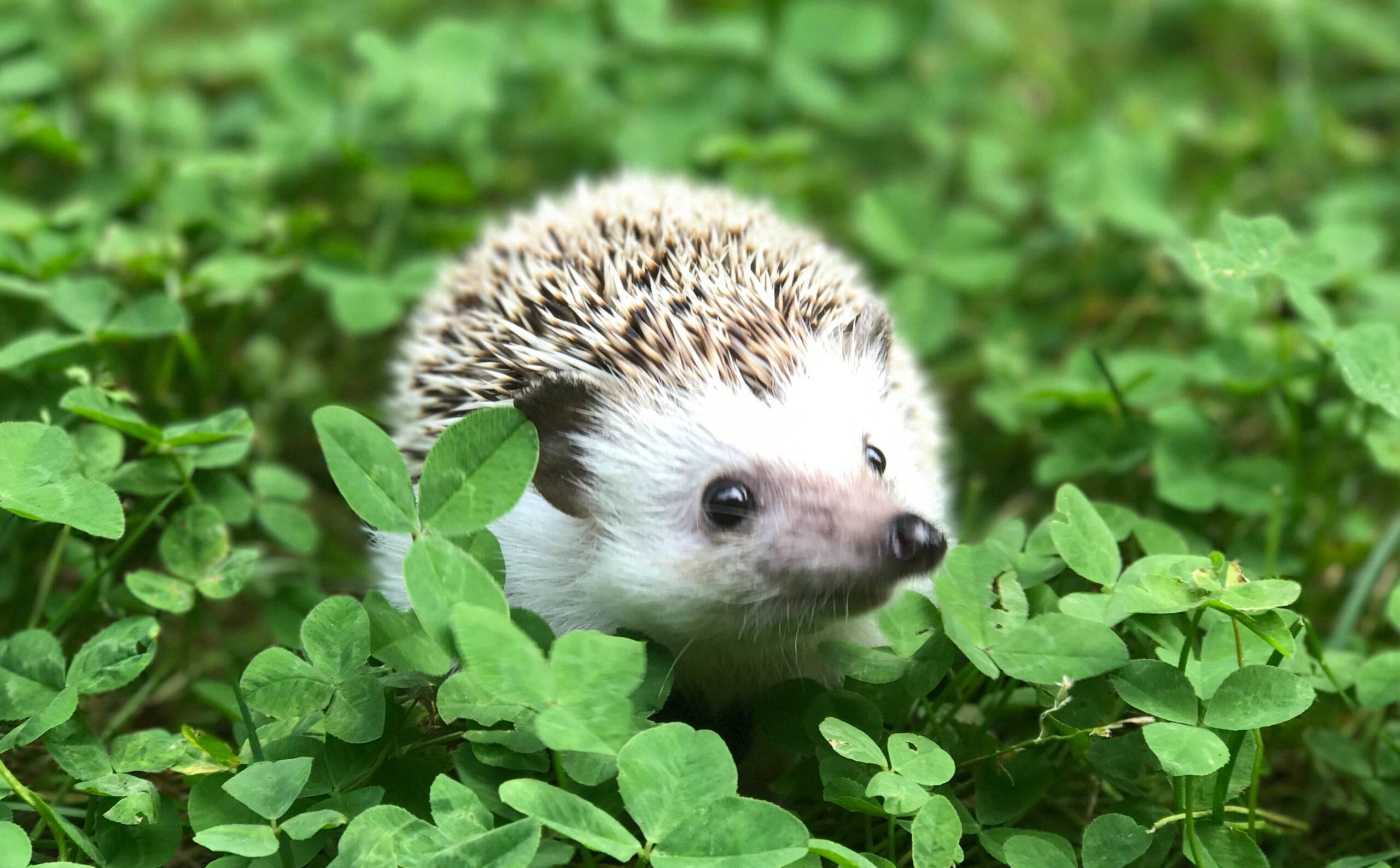
Our main mission is to give people like you information and the means of making a difference to protect wildlife whilst fighting climate change. Our natural world is extremely fragile, hanging on by a thread and animals are still in an alarming decline.
But while we talk about it a lot at Natural World Fund, what is rewilding land and why is it a priority? The truth is, there are plenty of initiatives out there that may target one area of the natural world – building it back up bit by bit.
Our aim is to restore entire ecosystems, reversing biodiversity declines and allowing nature to reclaim its rightful place. Without human intervention, we could still have a thriving planet. So trying to undo the negative impact we have had is going to take some real time and effort.
What Is Rewilding Land?
In essence, this approach is about letting nature reclaim its processes and repair degraded landscapes. As a result of this, we will begin to see more diverse habitats and the introduction of species that are most at risk.
We want as many people as possible to get involved in this mission. However, it doesn’t always mean implementing new things. It is often about reversing the damage we’ve already done. Giving nature a helping hand could include removing dams and dykes to make space for old habitats to return without being disturbed.
This is the bigger picture approach. It will complement existing conservation work and give individuals, businesses and charities a better way forward. Reconnecting with and embracing nature is the real end goal.
The Benefits Of Our Mission
What is rewilding land going to do in the long run? The climate crisis is avoidable and making the leap to rewild our natural world is the best solution for the future. Unlike other tree planting initiatives, there is no defined endpoint for this mission.
By supporting nature-driven processes, we can create an eternal positive impact. Each and every year it will be scaled up. Noticing the changes as we move forward, our world will begin to reclaim its biodiversity.
Improve Health And Wellbeing
Not only are we looking at the impact of rewilding on our natural world, but on our own well-being too. It has been proven that spending more time in the great outdoors can improve our mindset and mood. But as well as this, we must remember what it is nature provides us with.
Clean water, healthy soil, breathable air and food are just a few of the benefits we reap every day. We can work together to ensure everyone has access to the broadest wild areas and these necessities.
Instead of plaguing the grounds and waters, we should be actively encouraging the return of natural processes. What is rewilding land going to mean for our health? Well, reducing pollution will not only affect the climate crisis, but we will be providing cleaner air to breathe and nicer spaces to live in.
We should always consider our own health and that of those around us as a priority. So if this is the push people need to start the change – we should be working towards a better future for our families.
Absorb CO2 & Lock It Away
We don’t want to turn this into a biology lesson, but we all know plants need CO2, sunlight and nutrients to grow and thrive. It has been calculated that by restoring and protecting our natural world, we could lock in over 47 million tonnes of CO2 per year.
That equates to over one-tenth of the UK’s current emissions. When we think about the question ‘what is rewilding land’ – we must remember about native woodlands, peat bogs and other grasslands. These are highly species-rich areas that will greatly benefit the biodiversity of our world as well as act as carbon sinks.
They all contribute homes to our lost animals and will provide a cleaner environment – removing man-made toxins and pollutants. Using this CO2 to their advantage, we will be creating an oxygen-rich atmosphere whereby we have vegetation absorbing more CO2 than it is producing.
This is just another example of reversing the effects of our negative impact. Protecting these ecosystems is essential for tackling climate change and rewilding our land.
Restore Biodiversity
Animals across Britain are at an alarming decline. There are so many endangered species that could be supported if we simply created more safe haven habitats, rather than destroying them for our own use.
Planting forests, developing meadows and restoring seabeds are just a few habitat restoration projects you can take part in that will begin restoring biodiversity in the UK. Allowing nature to reclaim its territory means that species like the tortoiseshell butterfly or hedgehog can adapt and reenter the wild seamlessly.

Also, rewilding key areas and connecting them through various rich habitats will allow animals to adapt more easily as climate zones shift. We have to realise that the impact of pollution is not a quick fix. So being able to adapt as best they can, will be vital for survival.
Creating habitats in our own back gardens and ensuring we protect as much land as possible are ways everyone can get involved. Green belt land is essential to ensuring we restore and protect as much as possible. Areas that cannot be developed upon are prime locations for creating rich and diverse habitats.
The more area we can say for certain is protected, the less we will have to do to intervene with man-made setbacks. In the long run, this will make the mission far easier, quicker and more effective. But to get there, we have to make these changes and implement rewilding.
Protect Our Seabeds
The water is in just as much disarray as our land. Worldwide, only 13% of our oceans are truly wild. Healthy seabeds help to drive a rich marine ecology. While we’ve spoken about greenery acting as carbon sinks, our seas actually generate the majority of the oxygen we breathe.
Rewilding projects off land are not as common and so beginning the transformation with the surrounding areas could be the best solution. Prioritising bogs and wetlands will greatly benefit our carbon emissions. From here we can take our knowledge and begin improving the habitat conditions for our at-risk sea creatures.
Protect Our Food Chains
Keystone species are vital in driving ecological balance. Because so many of our UK animals are under threat – it is more important than ever we do all we can to allow them to thrive. Rewilding will accelerate their ability to adapt and grow as species – restoring the natural flow of food chains.
Without them, our ecosystems would be drastically different or cease to exist. Other species wouldn’t be able to fulfil their role in ecology. This would mean other, possibly invasive species would be left to take over.
While some people argue we should not seek to re-establish missing species until we have protected existing wildlife – keystone species are often the exception.
They are one of the key defences our natural world holds and many of them provide habitats and means of life for other species too. They could lead us to the regeneration of endangered wildlife and the stabilisation of areas at high risk.
Make An Impact Today
What is rewilding land? We hope we’ve answered your question and shed some light on why it’s so important in today’s world. You can really make an impact by supporting our cause and learning about the new ways to benefit our natural world.
Even the smallest of changes is imperative to ensuring we get off on the right foot. Because without starting somewhere – we will never get anywhere! That’s why we believe it’s never too late to join a cause. From just £7 you could be helping us make some of the bigger changes. But by signing up to our newsletter and reading our blogs – you may even get some ideas of your own to try out.
We created The Natural World Fund to make a real difference. We are fed up with companies wasting so much of your money and not doing what’s right for Britain and what’s right for our wildlife. By subscribing to the Natural World Fund, you will fund climate projects across the UK. We ensure that every penny of your money goes towards helping nature thrive, all whilst providing you with updates on how your money is making a truly positive impact.
If you would like to learn more about The Natural World Fund, our projects and how you can support us, visit our website and get in touch with us today!

